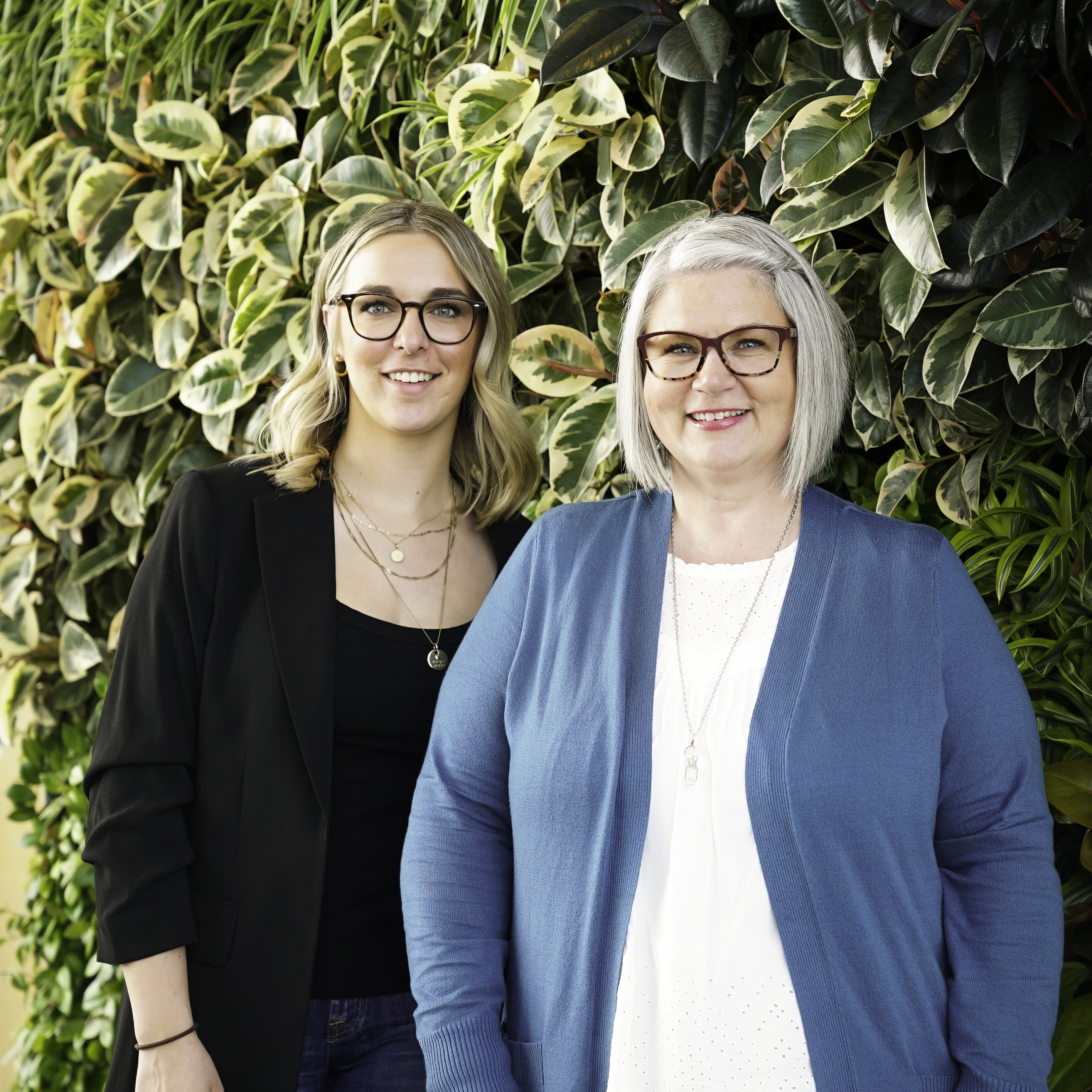Self-leadership, or the art of leading oneself, is an important skill for individuals seeking success and fulfillment. After all, when you’re effective in leading yourself, you’re better able to take on more significant challenges and responsibilities, as well as inspire and empower others to do the same. This critical focus enables you to nurture thriving families, communities, and teams.
R.M. Caligiuri, CEO of High-Rise Leadership, has introduced us to some valuable teachings on self-leadership, including the four pillars identified below. We’ve expanded on these pillars to provide you with a few practical strategies to help evolve your self-leadership abilities and unlock your inner potential.
Pillar one: self-awareness
The foundation of self-leadership is self-awareness: understanding your strengths, weaknesses, values, and aspirations. Self-awareness enables you to align your actions with your true purpose and make intentional choices.
One of the best ways to build self-awareness is to frequently reflect on your passions, goals, and core beliefs:
- What brings you the most fulfillment?
- Do you take on greater levels of responsibility while knowing your limits?
- How do you contribute towards making your world a better place?
- Do you pause with thoughtfulness and increase your curiosity by asking good questions to understand different perspectives better?
Seeking feedback from others can also deepen self-awareness. This will empower you to lead with authenticity. People with higher self-awareness are typically more comfortable in expressing their emotions, which translates into the ability to lead in a more authentic, inspirational and in a human-centric fashion.
Pillar two: self-belief
Self-belief is the unwavering faith in your abilities, potential, and worth. People high in self-belief accept that setbacks are part of everyday life, and they’re not easily shaken when things don’t go according to plan. Sounds pretty great, right? You’ll be pleased to hear that self-belief is actually easier to build than you might think!
To start reinforcing self-belief, intentionally cultivate a positive mindset that embraces your strengths and acknowledges your capacity for growth. Surround yourself with supportive individuals who believe in your capabilities. By nurturing self-belief, you can overcome self-doubt, embrace challenges, and seize opportunities with confidence.
Here are some ways to actively challenge self-limiting beliefs and replace them with empowering thoughts:
- Replace "I'm not good enough" with "I’m constantly growing and improving"
- Replace "I won’t ever succeed" with "I’m capable of achieving great things with perseverance"
- Replace "I'm not smart/talented enough" with "I have unique skills and talents that contribute to my success"
- Replace "I always fail at everything" with "Mistakes are opportunities for learning and growth"
- Replace "I don't deserve success" with "I’m worthy of success and all the opportunities it brings"
Pillar three: self-discipline
Self-discipline is the ability to consistently take action towards your goals, even in the face of distractions or obstacles. Some of us are naturally disciplined, while others have to work hard to build discipline within ourselves. Either way, don’t be discouraged! Self-discipline is achievable and gets easier the more ingrained it becomes in your routine. Here are some great places to start to sharpen your self-discipline abilities (and don’t be afraid to start small and work your way up in complexity!):
- Develop daily habits and routines that align with your objectives
- Prioritize tasks, manage your time effectively by creating a daily schedule that aligns with those priorities, and set boundaries to avoid distractions
- Embrace delayed gratification and stay committed to long-term success
- Make and keep your promises
A key area of self-discipline is setting goals and targets. An effective way to approach this is to:
- Take a moment to ponder a personal goal or target you’ve set in the past
- Jot it down or keep it in mind
- Explore:
- How did you approach it?
- What actions did you take?
- What hurdles may have hindered your progress?
- Reflect on your success in attaining that goal
With self-discipline, you can stay focused, motivated, and resilient on your self-leadership journey!
Pillar four: self-mastery
Self-mastery is full realization of your skills, knowledge, and emotional intelligence. It empowers you to make informed decisions, navigate challenges, and lead with clarity and authenticity. Because self-mastery is based on leveraging your individual abilities to reach your potential, it’s a process that’s entirely unique to you and will vary significantly from person to person.
How to approach self-mastery:
- Cultivate a growth mindset that embraces confidence along lifelong learning and growth
- Seek opportunities to expand your skillset, explore new areas, and adapt to change
- Nurture foresight and stewardship by empowering others, committing to their growth to reach their full potential
- Encourage diversity of thought and create a culture of trust
Self-mastery is never static - as you evolve, so will your sense of yourself. Embrace this lifelong challenge with an open heart.
Self-leadership is a lifelong commitment to personal growth and excellence, and we’re glad you’ve invited us along on your journey! Embrace these pillars to unlock your true leadership potential.
If you enjoyed this perspective from our talented team, subscribe to theWorks to get even more HR insights delivered straight to your inbox: https://www.payworks.ca/landing-pages/campaigns/subscribe-to-theworks-blog.















